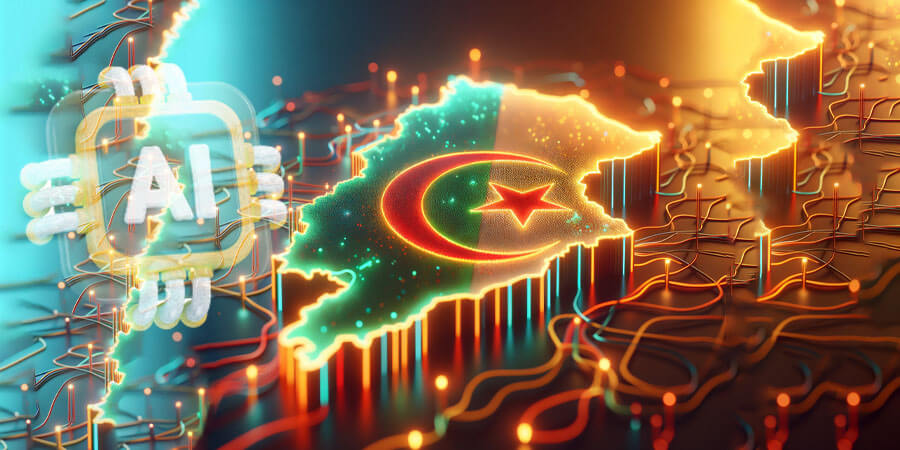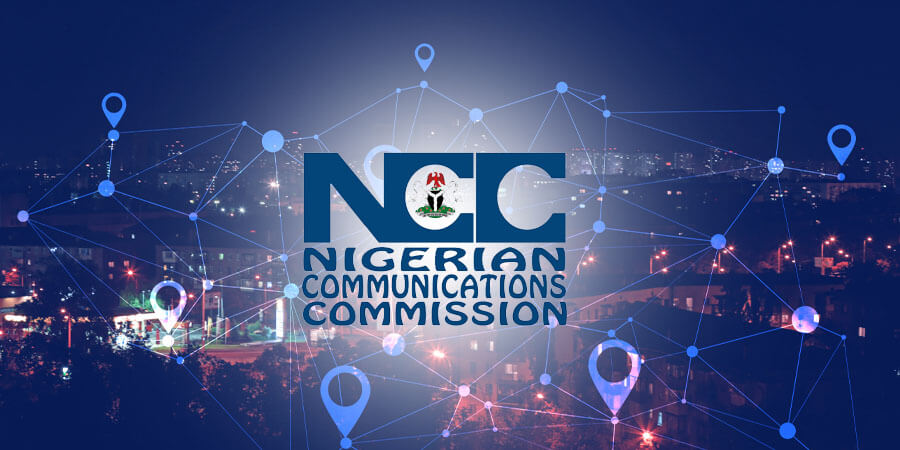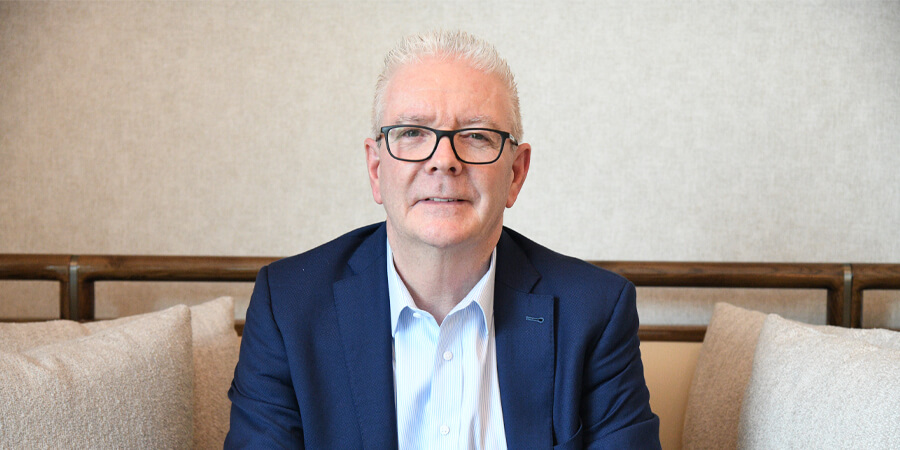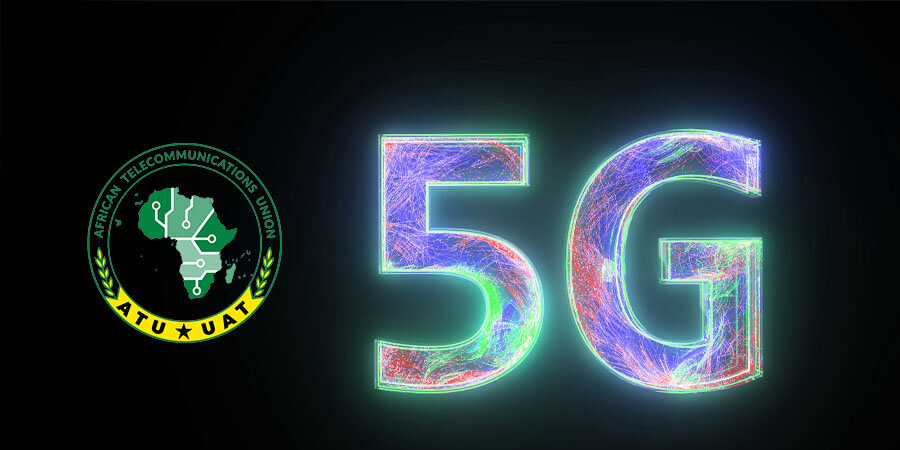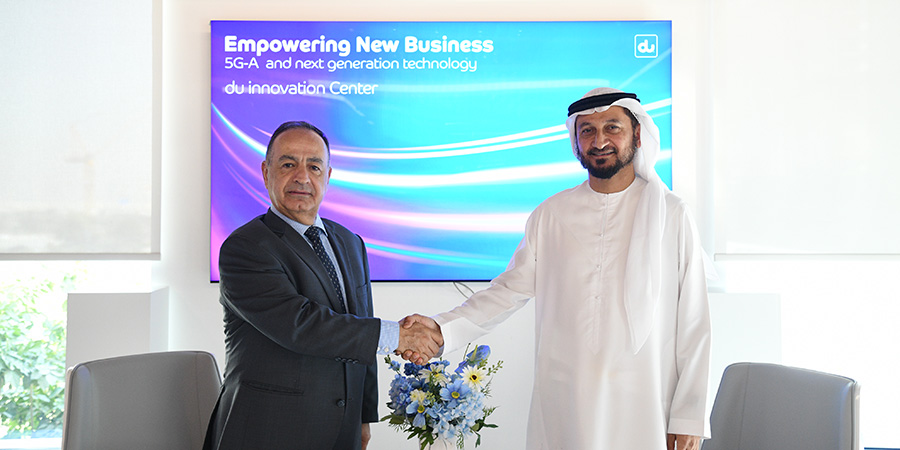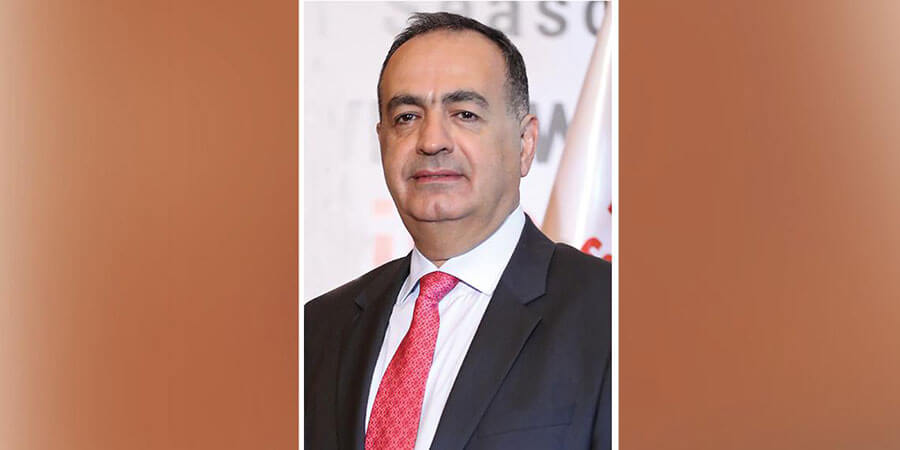The lockdown imposed by the coronavirus has introduced a new lifestyle. We find ourselves obliged to abide by new terms, notably to work remotely: video call meetings with customers and the team, offsite management, remote performance, etc.
Covid-19 caught everyone off guard at a time when industries and governments were not ready. The only sector that was well prepared for such a crisis was the telecom sector.
Can you imagine if the epidemic had hit us when no infrastructure of VoIP or data existed? Can you imagine people staying home without internet services and video call options to chat with families and friends?
Can you imagine what it would have been like if doctors around the world weren’t capable of sharing their experiences about the virus? Or if researchers weren’t capable of sharing any updates about promised vaccines or the best medicine to use?
These responses and platforms would not be possible without the ICT sector, which has been achieving goals and paying back to society through CSR initiatives.
When this epidemic is over, governments must continue with developments in the health sector - without forgetting the ICT sector, because under any circumstances, telecommunications supports all other sectors and helps governments spread awareness quickly and whenever they want.







